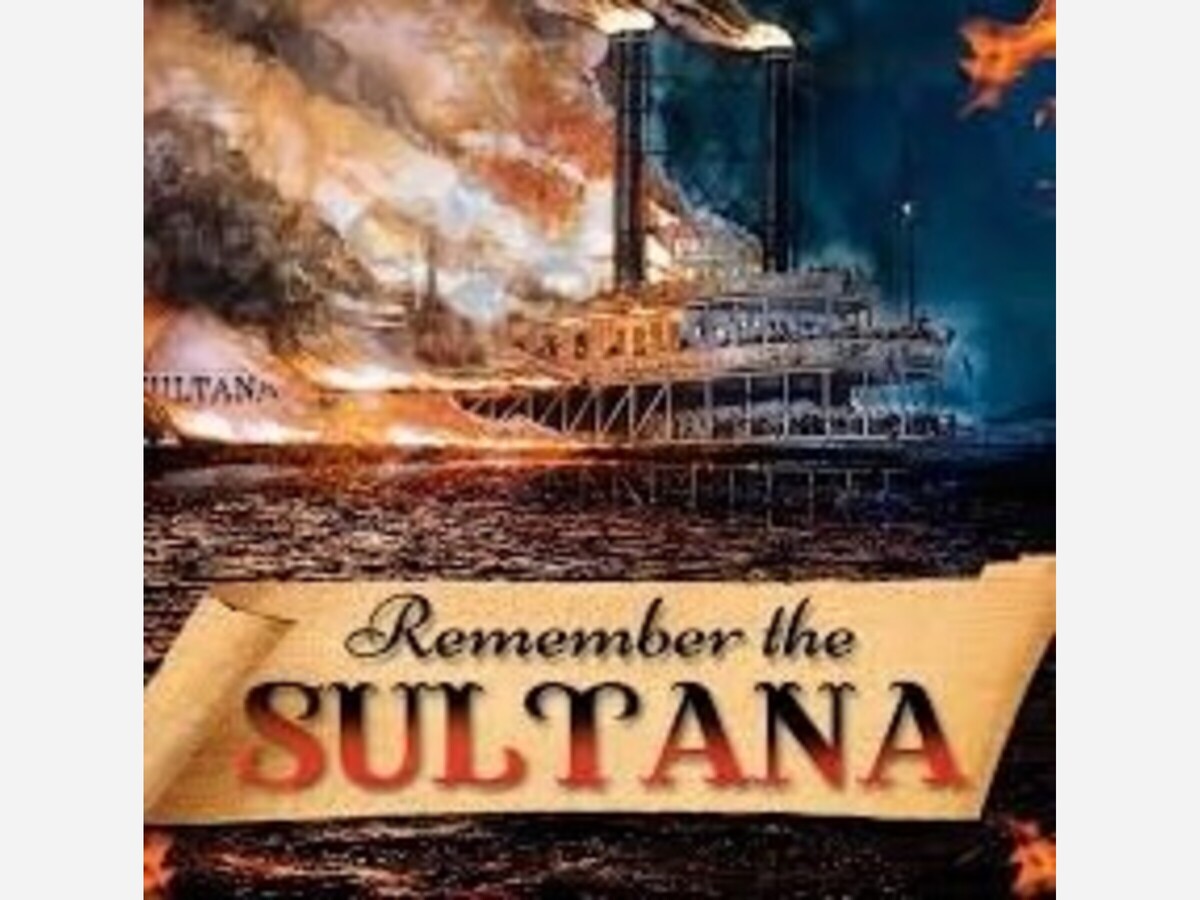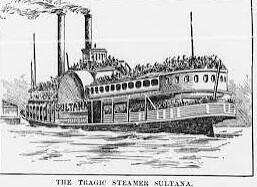Image

The Sultana was a commercial side-wheel steamboat constructed in 1863 by the John Litherbury Boatyard in Cincinnati, Ohio. Originally intended for the lower Mississippi cotton trade, the Sultana registered 1,719 tons and typically carried a crew of 85. Over two years, it ran a regular route between St. Louis and New Orleans, often commissioned to transport troops during the American Civil War.

Despite being designed to accommodate only 376 passengers, the Sultana was tragically overloaded on its final voyage. On April 27, 1865, the day after President Abraham Lincoln’s assassin, John Wilkes Booth, was killed, the Sultana left Memphis, Tennessee, carrying over 2,100 people—mostly Union soldiers recently released from prison camps and eager to return home.
As the Sultana steamed north up the Mississippi River, its newly patched boilers faced severe pressure due to overcrowding and the faster river current caused by spring thaw. Tragically, three of the boat’s four boilers exploded, tearing apart the center of the vessel and igniting an uncontrollable fire. Panic ensued as passengers scrambled for safety.
The explosion and subsequent fire claimed the lives of approximately 1,167 people, making it the worst maritime disaster in U.S. history. Many victims were Union soldiers who had already endured the hardships of war and imprisonment, only to meet their tragic end on the Sultana.
Despite the magnitude of the disaster, no one was ever held accountable. The press largely overlooked the event due to the focus on the war’s conclusion and other significant events. The Sultana disaster remains a haunting reminder of the human cost of war and the importance of safety precautions in transportation.
The Sultana Disaster Museum in Marion, Arkansas, commemorates this tragic event. Congressional resolutions have recognized it as a pivotal moment in American history, emphasizing the need for responsible vessel operation and passenger safety.
The Sultana disaster serves as a poignant reminder of the fragility of life and the impact of decisions made during times of crisis.